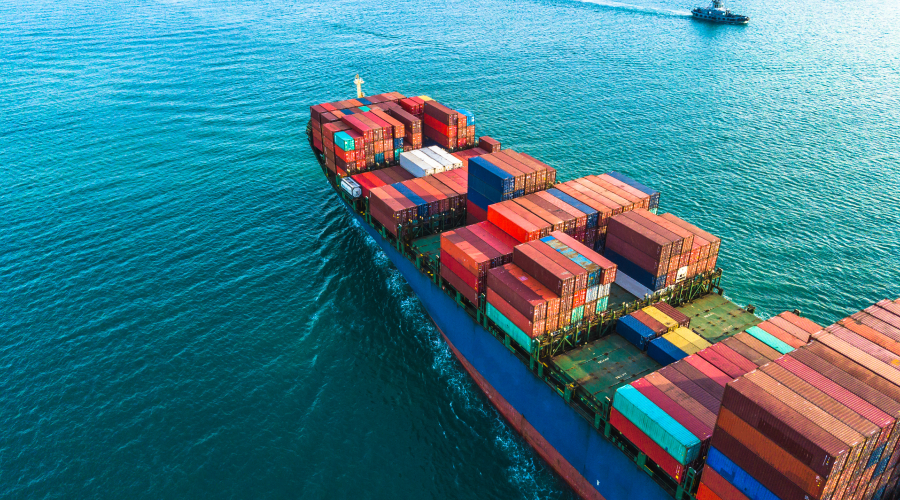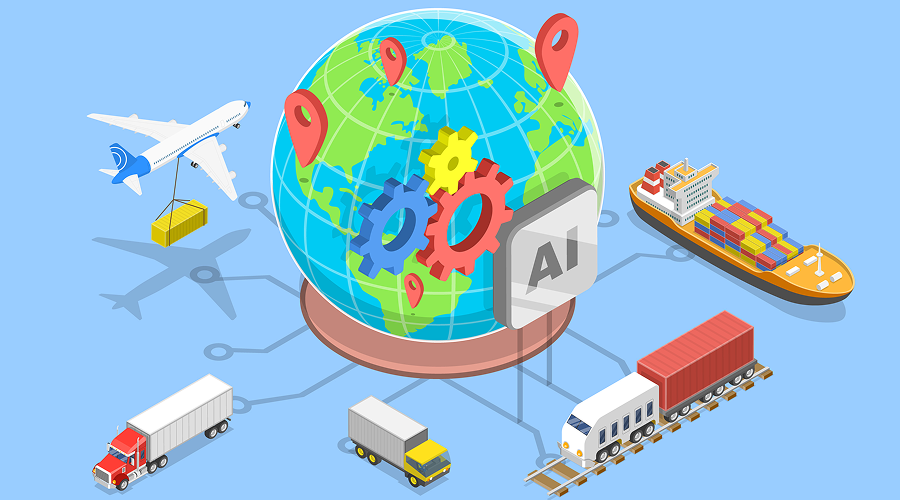Differences Between Couriers and Forwarders

In international logistics, forwarders and couriers play crucial roles. However, these two services are often confused with each other. This article explains the basic differences between forwarders and couriers, and how each service is useful in different scenarios.
What is a Forwarder?
A forwarder is an outsourcing service that undertakes cargo transportation in international logistics. They do not own transportation vessels or aircraft themselves; instead, they partner with multiple carriers to transport the goods of shippers in the most optimal way. The role of a forwarder includes suggesting and mediating appropriate transportation methods, creating shipping-related documents such as bills of lading, handling customs clearance, and taking care of storage, packing, and delivery of goods at ports and airports. These are all essential tasks in international trade.
What is a Courier?
A courier, such as DHL, FedEx, and UPS, primarily provides rapid delivery services for small items like documents and parcels. Courier services usually offer door-to-door delivery and are used for fast shipping both domestically and internationally. Couriers specialize in the delivery of small items and often handle customs procedures in-house.
Main Differences Between Forwarders and Couriers
-
Scope of Service: Forwarders deal with large-scale cargo transportation and its complex procedures, whereas couriers specialize in the rapid delivery of small items.
-
Procedures and Responsibility: Forwarders handle many transportation-related procedures, including customs clearance and document preparation. Courier services also perform customs clearance, but this is typically limited to small items.
-
Means of Transportation: Forwarders use a variety of transportation methods, including ships and aircraft, and suggest the best routes. Couriers mainly use air transport and focus on speedy delivery.
-
Target Customers: Forwarders primarily serve companies engaged in large-scale international trade. Couriers cater to a wide range of customers, from individuals to businesses.
Conclusion
Forwarders and couriers each play important roles in meeting different needs. Forwarders are essential for smoothly managing complex international logistics. On the other hand, courier services are ideal for transporting small items that require quick delivery. Choosing the right service ensures efficient and safe transportation of goods.








